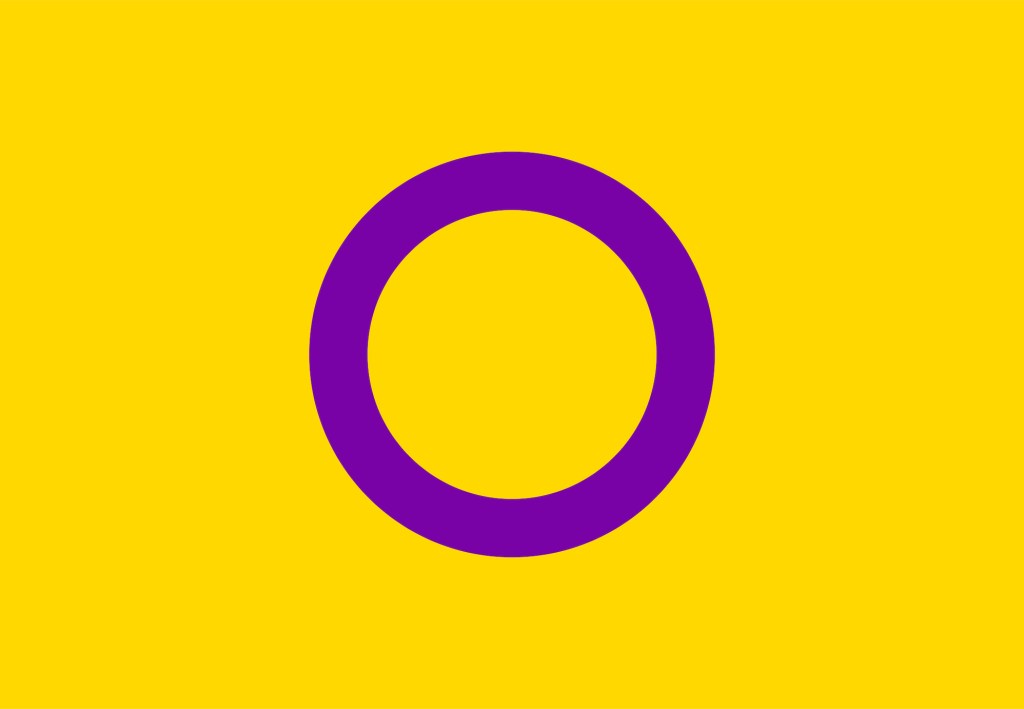Gemma Collins says doctors advised her to terminate pregnancy because baby was intersex

Gemma Collins says doctors encouraged her to terminate a pregnancy after it was discovered the baby was intersex. (Getty)
Former Celebrity Big Brother housemate Gemma Collins has claimed doctors encouraged her to terminate a pregnancy because her unborn baby was intersex.
The Only Way is Essex star opened up about her loss on Daily Mail podcast Everything I Know About Me.
Gemma Collins recalled finding out she was pregnant at the age of 21, with her partner at the time, but said she was told “something’s not right” by health professionals after they discovered the baby was intersex.
Now 43, she said: “They said to me, ‘your baby could be, from looking at it, [intersex]’.”
Collins added: “I didn’t know what the word was. I had to look it up. I’d never been taught about [being intersex].
“So that was a real shock. I can remember coming out, and they advised me: ‘You need to have a termination because this baby’s not gonna be right.’”
The decision to have the abortion was “very sad” but because of her tumultuous relationship with the child’s father, it “just [was] not meant to be”, said Gemma Collins, who has been open about struggling with fertility because of polycystic ovary syndrome. She has had three miscarriages.
What does intersex mean and how many people are intersex?
Intersex people are born with a particular set of sex characteristics — such as chromosomes, genitalia, reproductive anatomy and hormones — that don’t fit neatly into typical binary categories of male or female.
The term intersex describes the differences sex development that include “rare conditions involving genes, hormones and reproductive organs, including genitals, meaning that development is different to most other people’s.”
The NHS says the term intersex is preferred to Variations in Sex Characteristics or Diverse Sex Development.
Often, having an intersex child does not “require any medical care other than understanding the baby’s development and knowing what to expect as they grow older”.

According to campaigners, annually around one in 2,000 live births have these characteristics, and one in 200 of these babies are born with visibly variant genitalia which don’t fit typical binary definitions of male or female.
This amounts to roughly 1.7 per cent of the world population, which makes intersex people about as common as those with red hair.
In 2021, a Pride Progress Flag featuring the intersex flag (a purple circle on a yellow background) was designed by activist and equality campaigner Valentino Vecchietti.
And last month, the United Nations (UN) Human Rights Council has adopted a landmark resolution to combat the discrimination intersex people face.
The first-of-its-kind resolution, which recognises that “persons with innate variations in sex characteristics” have faced discrimination in “all areas of life”, was agreed with no member state opposing it.
How did this story make you feel?

